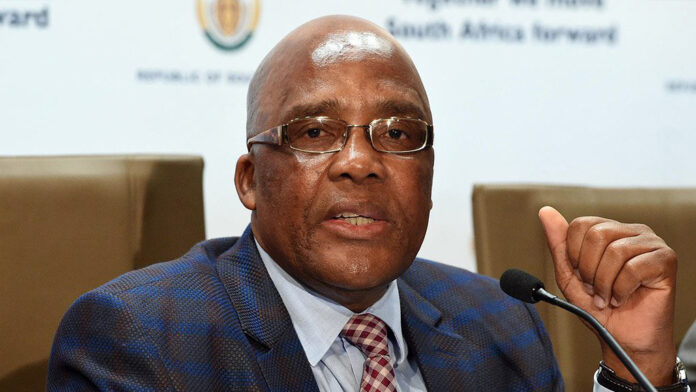Minister of Health Aaron Motsoaledi has revealed that the department does not keep records of documented or undocumented foreigners receiving healthcare services in South Africa.
Motsoaledi cited that the constitution grants every person the right to healthcare services. And this includes reproductive healthcare. He said it does not discriminate against local or foreign, and documented or undocumented.
Motsoaledi emphasised that no one may be denied emergency medical attention. It is not provided based on nationality or documented status but on clinical need.
ActionSA demanded answers
This was in response to a parliamentary question posed by ActionSA MP Kgosi Letlape. He questioned the number of undocumented foreign nationals that have been reported to the Department of Home Affairs.
“Patients are requested to present proof of identification. This is to ensure that for their own safety they are being treated as the individuals who they say they are. However, services are not withheld from those who are unable to do so.
“The patient administration and records systems utilised in public health facilities across the country do not classify or record individuals as South African or foreign. And they are therefore unable to provide a total number of undocumented people who accessed healthcare services over the past five years,” said Motsoaledi.
He also added that some South African citizens are also undocumented but are receiving healthcare services.
Locals also undocumented
He explained that the locals who do not have their identity documents also create problems. Without their identity documents from the Department of Home Affairs it becomes difficult to understand if they are locals or foreigners.
“It must be realised that on the African continent as a whole, the issue of civil registration and vital statistics is something that has just started in earnest recently, and the whole continent is lagging behind.
“At the present moment, the country with the highest civil registration is Egypt at 98%. The second highest is South Africa at 89%,” said Motsoaledi.
According to Motsoaledi, this meant that at least 11% of South Africans do not have identity documents. But they may not be considered illegal in their own country.
Letlape said the move not to track the identity of people receiving healthcare is questionable. It blocks the department from accounting for the full scope of service delivery liabilities.
Concerning state of affairs
“We believe that this is particularly concerning. Given that millions of foreign nationals reasonably make use of taxpayer-funded public healthcare services. And many of whom are undocumented or lack any form of medical insurance.
“In a public health system already buckling under pressure, with overcrowded hospitals, long queues, understaffing and medicine shortages, this lack of oversight is reckless and unsustainable,” said Letlape.



